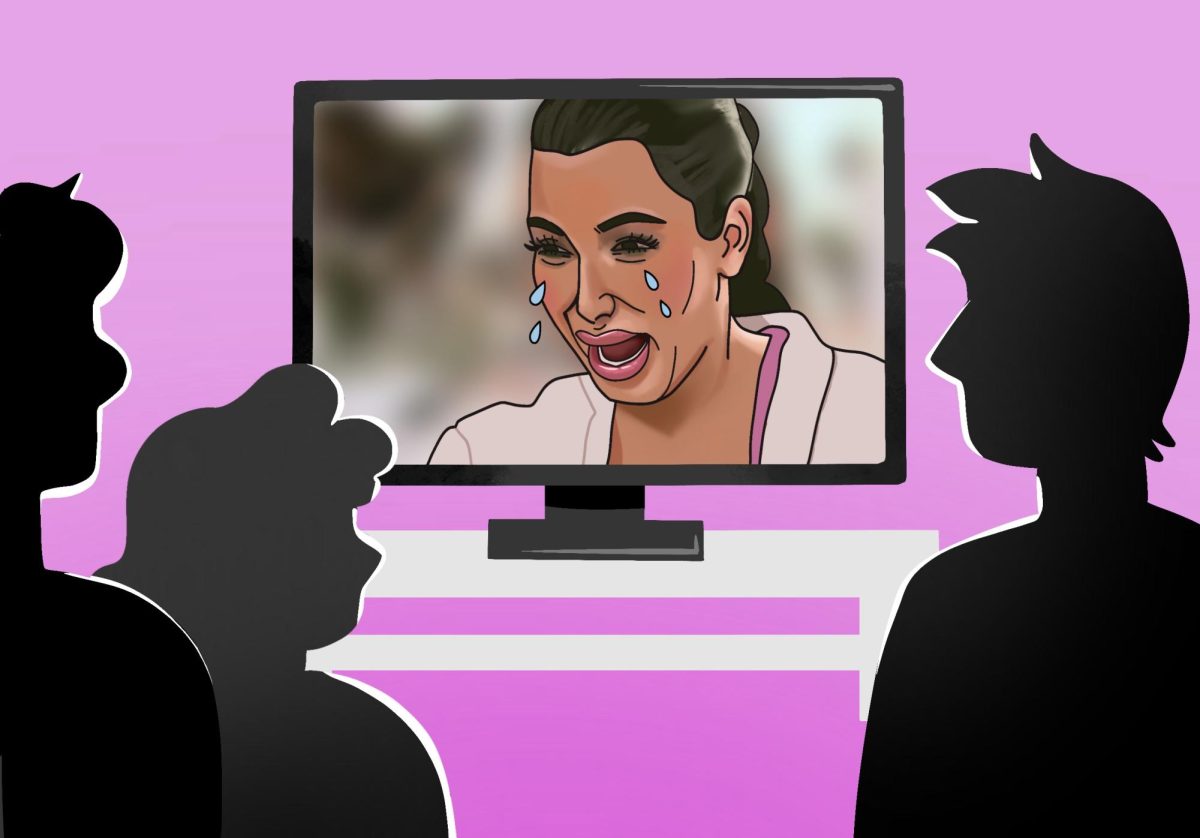I love reality television. From “The Amazing Race” to “The Kardashians,” I watch it all, and I love following my favorite personalities outside of their respective shows.
Often, when I tell other people this, they write it off as simply a guilty pleasure. Now, do not get me wrong, there are plenty of times I have found myself vegging out on the couch for hours as episode after episode of “Love Island” plays in the background. These certainly are not my proudest moments, but being fascinated with reality television is not something I feel guilty about.
As a human being, I find myself being the most interested in the lives of other people. Call it nosy if you must, but I do not think I am alone in this.
How people react in various situations is inherently fascinating to me, especially with scenarios I would never find myself in. With reality television, we get to see this on a macro level.
The series “Survivor” shows us how people might respond when stripped of all their basic resources. “Love Is Blind” looks at an alternate reality where physical attraction is not a factor in dating. “Real Housewives of New Jersey” lets us see how rich people in New Jersey live. None of these are likely things I will experience myself.
For Aya Ali, a third-year global studies student at the University of Minnesota, reality television has also given her insight into lifestyles she is unfamiliar with.
“As I grew up, it was an interesting way to see how other people who live completely different lives than me live,” Ali said. “It’s really focusing on a society I literally am not a part of. It’s a completely different world from my own.”
Ali also said reality television can give us a window into the social norms of the past.
“I think it’s really cool seeing how we’ve lived a society, or what we’ve decided was important then,” Ali said. “Even shows from 2015, it’s like a time capsule of that era. Whether it’s how they act or what was socially acceptable to say or even their clothing and makeup.”
Jesus Gil-Leon, a fourth-year psychology student, said reality television was something that became appealing during a time when human interaction was lacking elsewhere.
“I got into it during COVID,” Gil-Leon said. “I just picked a random reality show. I think because there really wasn’t a bunch of socialization outside my phone, it made it a lot more interesting.”
Although reality television could never be a substitute for human connection, I often find myself being more inclined to tune in to the complex personalities it has to offer. The heroes are not all good, and the villains are not all bad either. Many times, they are just ordinary, imperfect people and sometimes we can not comfortably root for any of the characters on screen, which makes it all the more entertaining.
However, I am more than aware of how scripted and manufactured reality television can be. All of it must be consumed with several grains of salt. But enjoying reality television and being weary of the truths behind it does not have to be mutually exclusive.
Whether the shows are scripted or not, reality television still follows along with real people. Not only do we get to follow the storylines within the show, but these stories continue, long after season finales.
Madelyn DeBruin, a third-year sociology student, said the real people are the best part about it.
“I think for people, it’s more entertaining because even when ‘characters’ leave the shows, they can still follow along with them,” DeBruin said. “That’s part of the appeal, being able to follow along with real people.”
Like it or not, reality television has wormed its way into our cultural zeitgeist. Many reality television personalities are household names and there are Emmy award categories for the genre. We even had a president who was a former reality television star.
I don’t think anyone is saying reality television is a profound lens into the psychology of mankind. But perhaps there is still meaning to be found. We should not have to feel guilty being entertained by it.
After all, it is only human.














